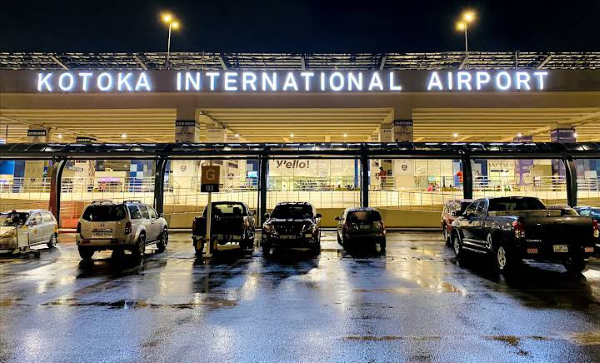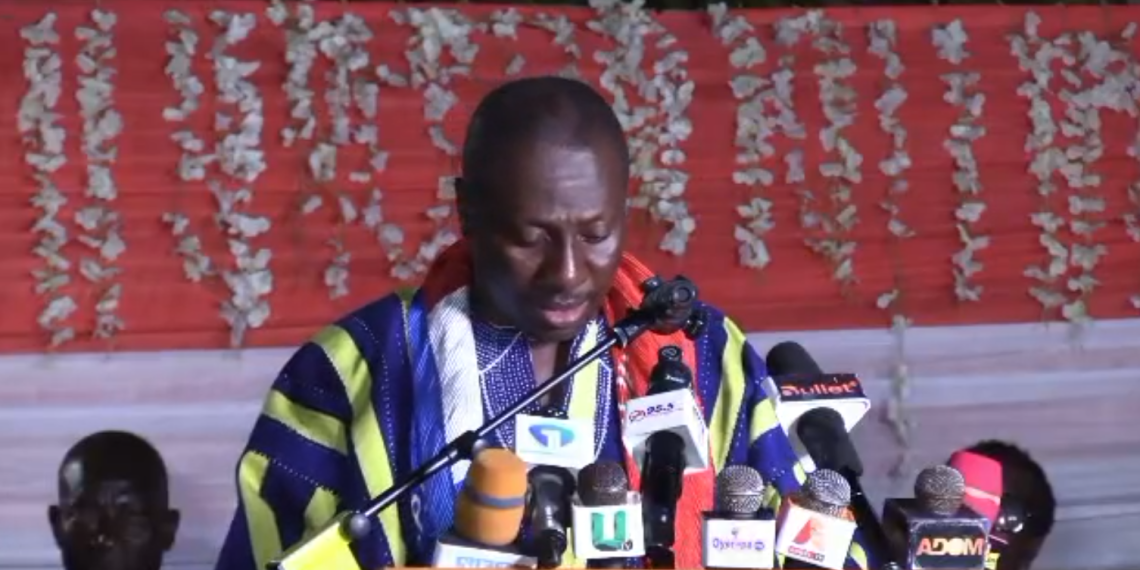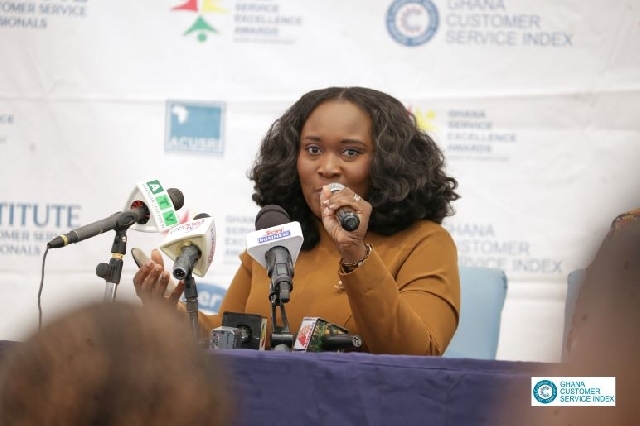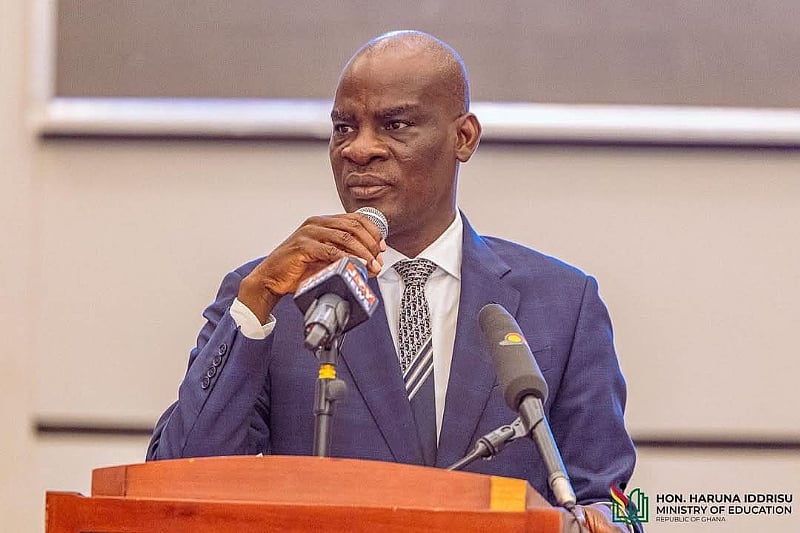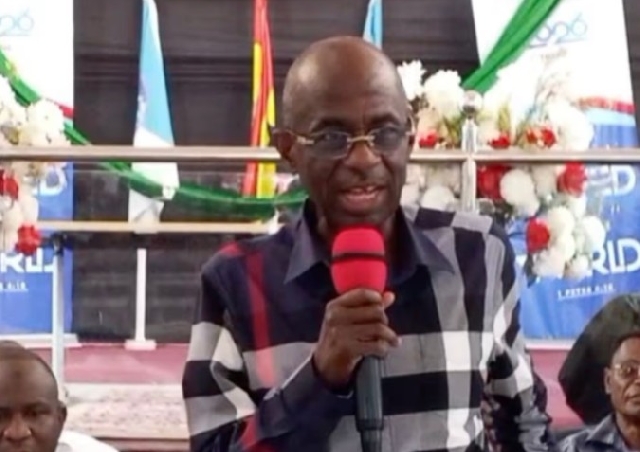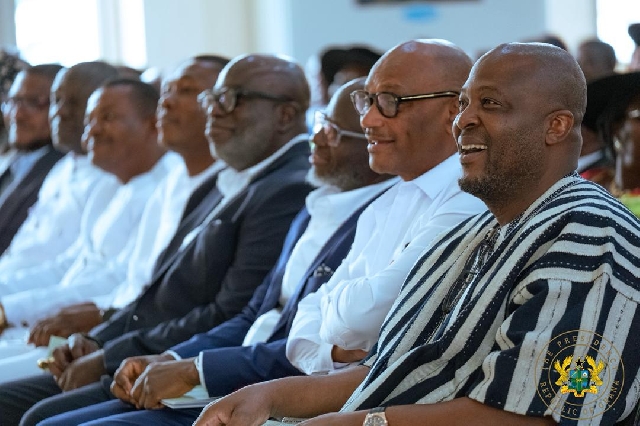The upcoming Ghana Journalists Association (GJA) election is more than just a voting event; it’s a chance to shape the future of journalism in Ghana.
Media practitioners are watching closely as candidates step forward with hopes of leading the organization.
The Editor-in-Chief of ApexNewsGH, Mr. Ngamegbulam Chidozie Stephen, has made it clear that this election should focus on something more vital than just titles or power. It’s about putting members’ well-being first. This approach can strengthen unity, boost professionalism, and ensure long-lasting growth within the GJA.
The Ghana Journalists Association plays a big role in shaping how journalism is practiced across the country. Its mission is to promote press freedom, uphold ethical standards, and support media workers. With over 867 members, GJA influences policies that impact how news is reported, what standards journalists follow, and how the profession grows in Ghana. A strong GJA can help improve the quality of information reaching the public and protect journalists from unfair treatment.
Prioritizing the needs of members brings many benefits. Happy, well-supported journalists tend to produce better work, enhancing the reputation of Ghanaian media. When members feel cared for, morale improves and professionalism rises. On the other hand, ignoring their concerns can lead to disharmony, low motivation, and a decline in media integrity. Leadership choices must focus on building a community where members feel valued and heard.
Mr. Ngamegbulam emphasized that candidates should serve the interests of members first. He advocates for honest, transparent leadership that values inclusiveness. Candidates should not chase personal or political gains at the expense of unity among journalists. Instead, they should focus on building trust, sharing information freely, and making decisions transparently. Such qualities will create a stronger, more trustworthy GJA.
Leaders who put members first can transform associations into powerful forces for change. For example, the Nigerian Guild of Editors has seen success because leaders prioritize their members’ development and well-being. Experts agree that when leaders listen to their members’ concerns and act on them, it results in better governance. This approach creates a sense of belonging and confidence in the leadership.
Candidates should take simple but effective actions:
Listen actively to members’ worries and suggestions.
Create open forums for discussions.
Make decisions based on consensus, not just personal interests.
Regularly update members on progress and challenges. By following these steps, candidates can build trust and demonstrate true commitment to the community.
Fair elections require clear rules and open procedures. This includes transparent candidate selection and election campaigns. Educational campaigns should ensure every member understands the process and knows how to participate. When everyone has equal access and voice, the election becomes a true reflection of members’ wishes.
Candidates and election officials should be honest from the start. Sharing their visions, policies, and reasons for running helps members make informed choices. Using media and social platforms boosts transparency and shows accountability. When leaders communicate openly, trust naturally follows.
Setting up oversight bodies can prevent bias or unfair practices during elections. Engaging external observers or partner organizations adds credibility. When members see a fair process, they feel more confident in their leaders and in the GJA’s future.
Past elections have faced issues like political interference, division among members, and lack of resources. Disputes over candidate eligibility and election impartiality sometimes cause rifts. Recognizing these problems helps candidates prepare better strategies.
Building common ground is vital. Candidates should focus on shared goals like media freedom and ethical standards. Facilitating dialogue among members can ease tensions and foster collaboration. Working towards a shared vision creates a stronger, more united GJA.
International journalism bodies, such as the World Association of News Publishers or the International Federation of Journalists, can add credibility. Capacity-building workshops funded by these bodies prepare members for leadership roles and elections. Such partnerships provide resources and credibility, making elections more transparent.
Putting members’ needs first isn’t just a nice idea, it’s a necessity. Candidates in the GJA elections have a duty to lead with integrity, transparency, and fairness. They should focus on creating a united, professional media community that serves Ghana and its people well. We all have a stake in ensuring that leadership truly reflects the interests of journalists. This election offers an opportunity to build a stronger, more honest GJA and safeguards press freedom.
Mr. Ngamegbulam further cautioned that aspirants who are voted into office should avoid forming weak committees, citing the committee’s delay in approving membership at the national level as a major hindrance to progress. He emphasized the need for an efficient and expedited approach to processing membership applications to streamline the process and prevent unnecessary delays, ensuring qualified individuals can join without obstacles.
Candidate, member, everyone has a vital role. By holding onto these core values, we can make sure Ghana’s journalism continues to grow in strength, trust, and professionalism. The future of Ghanaian media depends on the leaders we choose today. Let’s choose wisely.
Source: Apexnewsgh.com

